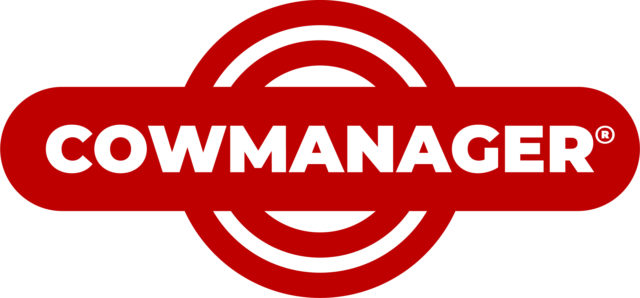As an adviser to the farmers of my county and beyond, one question I dread the most is “Andy, what am I going to do?” Frankly, it breaks my heart when I hear the desperation in the voices of those who pose this question. Part of the problem is: There is no ready solution and there are all manner of factors involved in making the correct decision, not the least of which is ego.
It sounds crass to blame problems folks find themselves in on pride, but the reality is: Farmers, good farmers, take pride in their work. They take pride in their ability to weather storms and find solutions. So it stands to reason that when things do go terribly bad, ego has to be considered.
It is also true that hard work and good decisions don’t always coexist. Sometimes the best farmers I know are indeed hard workers – but more importantly are smart workers. They make time in their day to stop and think, to evaluate and plan their next moves.
Good times can cover up poor management. When profits are plentiful and the work is easy, decisions (even incorrect decisions) can be withstood. These aren’t good times. Record high fuel and fertilizer prices mean farm management needs to step up to the challenges of the new day.
The same thing goes for any business; the same thing goes for personal management as well. Tough times require tough decisions. So where do we start when the financial storms come? Most times, the best place to start is with ourselves and thinking about where we want to end.
This is where planning and remembering take different skills. When we recall things that have happened to us and seek to share these events with others, the best place to start is at the beginning. To be truthful, as we begin to make plans, it is important to know where we are and where we’ve been. But successful managers have a clear view of where they are going well into the future.
A good example of reverse analysis is a discussion my daughter and I had about a business venture idea she had. I mentioned to her several years ago that people often asked me if I bred springer spaniel dogs. They would see Bo and Ty (my springers) as we traveled about and want a pup of their own. “That’s a great idea!” my daughter replied. “We should totally start selling puppies.”
On the surface, that would seem to be a good idea. I had a ready audience as a therapy dog handler, and springers are just as cute as they can be – they’d sell themselves. It would seem to be a natural next step to start a kennel and offer pups for sale.
All the previous is true, but let’s look to the end and work back. First, while I love springers, I really don’t know the first thing about judging the conformation of dogs, nor do I have any experience showing dogs. Building “champion bloodlines” that are often advertised is difficult if you don’t have any idea what those are or where to start establishing them.
This isn’t limited to dogs. I have seen this in registered cattle for years. People would buy a calf “with papers” and state that they would “breed the good into them.” Bad genetics are like bad luggage; you carry it with you until you quit trying to carry it at all.
I don’t know anything about breeding dogs, which was Problem No. 1. Problem No. 2 was: I think springer puppies are the cutest things ever. It is highly likely that if I did have a litter of pups for sale, I would not be able to part with them. At some point, I’d be a hoarder – not a breeder.
Problem 3: If you are in business to sell anything, there will be customers who cannot be satisfied. I have no desire to field phone calls in the middle of the night about a pup that failed to live up to some crazy person’s overblown expectations.
Problem 4: Springers can have some serious genetic issues that, if you were not familiar with mating combinations, you’d be more prone to blunder right into. The only thing worse than a crazy, irate customer is a crazy, irate customer who has a point.
These four problems are very real possibilities for someone new to running a kennel and selling puppies. I share these points with farm groups I speak to about the perils of “chasing your dream and catching a nightmare.”
Again, this is not limited to farming. I have heard people tell friends they are such good cooks, they should open a restaurant. Running a restaurant is easier when the food is excellent, no doubt, but running a restaurant is more about managing labor, meeting health requirements, schmoozing customers and managing costs than it is about cooking. Like farming, it’s a tough business and one that needs to be fully investigated before pulling the trigger with one’s own money.
So when you are doing some thinking about what your future holds, put some time into thinking about the end and all the issues that might stand in your way. Talking yourself out of an opportunity is a possibility, but that is far better than going broke because you didn’t do your research.











